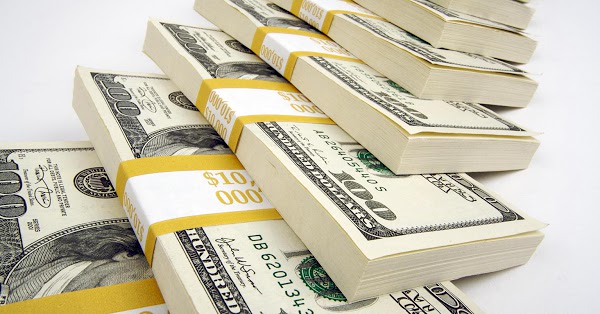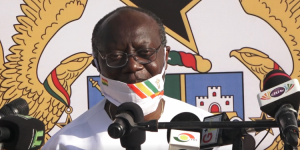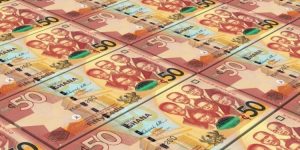Sources at the Bank of Ghana have confirmed to Citi Business News that the $1 billion dollars interest-free money expected from the International Monetary Fund (IMF) as part of the Special Drawing Rights (SDR) program, has hit the accounts of the Bank of Ghana.
The Board of Governors of the IMF at the start of August 2020, approved a general allocation of Special Drawing Rights (SDRs) equivalent to US$650 billion for its member countries to boost global liquidity.
The $1 billion dollars set aside for Ghana is thus the country’s share of the increased allocation made by the IMF.
Special Drawing Rights (SDRs) can be described as an international reserve asset created by the IMF to supplement the official reserves of its member countries.
The SDRs of countries can be used to access the freely usable currencies of IMF members. As such, SDRs can provide a country with liquidity.
In an interview with Citi Business News, Economist with Databank, Courage Martey explained how critical the release of the funds is for countries trying to deal with costs associated with the COVID-19 pandemic.
“As a result of the pandemic, global public debt has gone up and breaching sustainability thresholds, especially in the developing world. But governments cannot continue to borrow to intervene to minimize the shocks of the pandemic, hence, the use of the SDR program of the IMF to support member countries. The money is free money to member countries and helps them intervene without concerns around the impact of debt and debt sustainability.”
Courage Martey further highlighted the impact the money will have on the local currency if it is used to shore up the reserves of the Bank of Ghana.
“Countries are not restricted in how they can use the SDRs. But it is important to look at how they can use it to prop up the reserves. I believe at a time like this, there is the need to think of which areas are the best to deploy these funds. Fiscal intervention is important, but the Bank of Ghana is at a time when it might need some additional buffer given the pressure the Cedi is under at the moment.”







